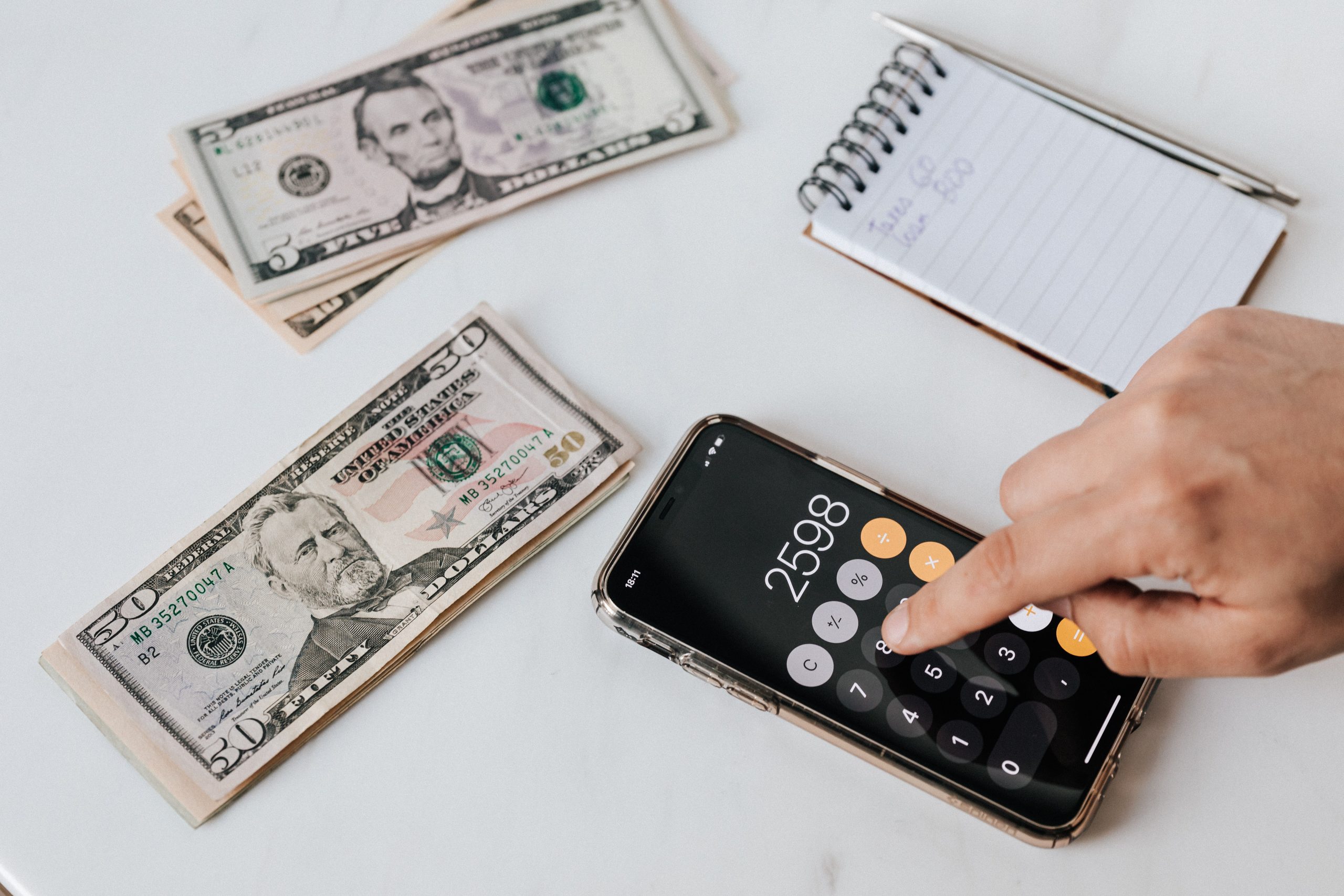As a journalist, I understand the importance of providing accurate and informative reporting to my readers. Today, I want to discuss the importance of emergency funds.
An emergency fund is a savings account that is specifically set aside to cover unexpected expenses, such as medical bills, car repairs, or job loss. Having an emergency fund can provide a sense of security and peace of mind, knowing that you have a financial safety net in case of an emergency.
According to a recent survey by Bankrate, only 39% of Americans have enough savings to cover a $1,000 emergency expense. This means that the majority of Americans are not prepared for unexpected financial setbacks, which can lead to debt, stress, and even bankruptcy.
Having an emergency fund can also help you avoid high-interest debt, such as credit card debt or payday loans. If you don’t have an emergency fund and you’re faced with an unexpected expense, you may be forced to turn to these high-interest options, which can quickly spiral out of control.
So, how much should you have in your emergency fund? Financial experts recommend having at least three to six months’ worth of living expenses saved up. This may seem like a daunting task, but it’s important to start small and build up your savings over time.
One way to start building your emergency fund is to set up automatic transfers from your checking account to your savings account each month. Even if you can only afford to save a small amount each month, it’s better than nothing.
In conclusion, having an emergency fund is crucial for financial stability and peace of mind. By starting small and building up your savings over time, you can ensure that you’re prepared for unexpected expenses and avoid high-interest debt.










